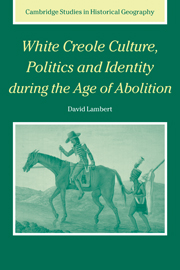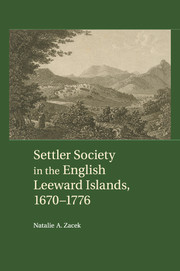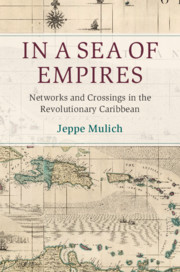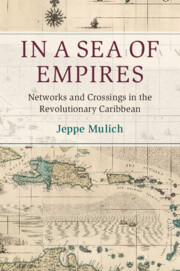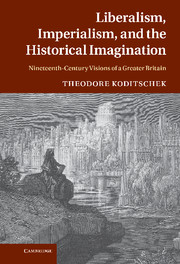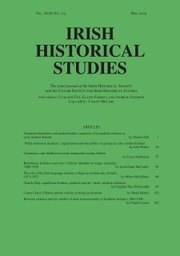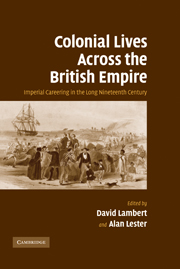White Creole Culture, Politics and Identity during the Age of Abolition
David Lambert explores the political and cultural articulation of white creole identity in the British Caribbean colony of Barbados during the age of abolitionism (c.1780–1833), the period in which the British antislavery movement emerged, first to attack the slave trade and then the institution of chattel slavery itself. Supporters of slavery in Barbados and beyond responded with their own campaigning, resulting in a series of debates and moments of controversy, both localised and transatlantic in significance. They exposed tensions between Britain and its West Indian colonies, and raised questions about whether white slaveholders could be classed as fully 'British' and if slavery was compatible with 'English' conceptions of liberty and morality. David Lambert considers what it meant to be a white colonial subject in a place viewed as a vital and loyal part of the empire but subject to increasing metropolitan attack because of the existence of slavery.
- A sustained exploration of the development and expression of white colonial identities in the West Indies
- Considers the cultural and political aspects of the campaign against slavery from the perspective of West Indian slaveholders
- Engages with the two themes of Whiteness Studies and Atlantic World Studies
Reviews & endorsements
"Its sophistication...lends insight to those interested in the cultural politics of identity construction that found articulation in four primary discourses: white supremacism, the planter ideal, colonial loyalty, and colonial opposition (p. 208). It is also helpful for those readers interested in the application of postcolonial theory to an ample assortment of primary sources within the contexts of regional and transnational studies of the West Indies. In the end, Lambert has made an important contribution to the understanding of "the geographical 'problem of slavery,'" a topic that David Brion Davis so eloquently introduced to so many historians and that Lambert has continued to develop even further (p. 10)." - Michael Pasquier, Department of Religion, Florida State University, H-NET
Product details
August 2005Hardback
9780521841313
258 pages
236 × 161 × 28 mm
0.55kg
Available
Table of Contents
- List of illustrations
- Acknowledgements
- Introduction: white creole culture, politics and identity
- 1. The geographical 'problem of slavery'
- 2. Joshua Steele and the 'improvement' of slavery
- 3. Making a 'well constituted Society': the ambitions and limits of white unity
- 4. Locating blame for the 1816 Rebellion
- 5. Anti-Methodism and the uncertain place of Barbados
- 6. 'Days of misery and nights of fear': white ideas of freedom at the end of slavery
- Epilogue
- Bibliography
- Index.

